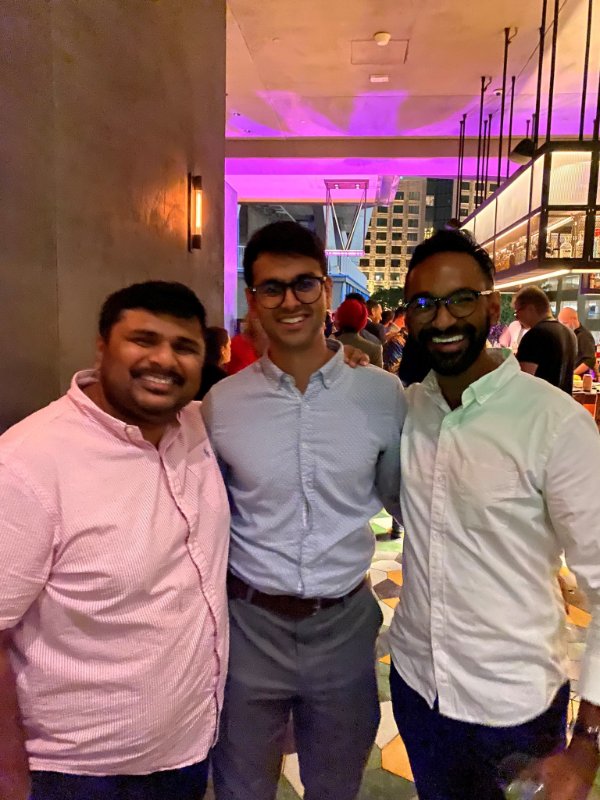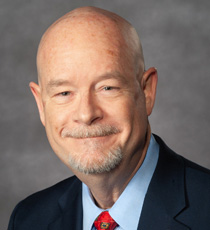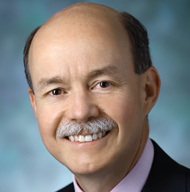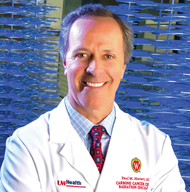
Finding Radiation Oncology – How Three Childhood Friends Found Each Other and the Field
Posted: December 21, 2022Most recently, radiation oncologists Rohan Katipally, MD (PGY-5), Aneesh Pirlamarla, MD (PGY-4), and Nishant Shah, MD (PGY-5), convened at the 2022 ASTRO Annual Meeting. But their story begins much earlier, over 15 years ago as middle schoolers in South Brunswick, New Jersey.

Best Practices for Residency Applicant Review and Selection
Posted: February 9, 2022When embarking on the residency selection process for your training program, it is important to recognize that attracting applicants with relevant attributes and experiences is vital for shoring up the strength of our specialty while meeting the needs of an increasingly diverse patient population. We provide some do’s and don’ts to consider during each phase of the recruitment season, followed by additional resources for context and further reading.

The Future of our Field
Posted: January 5, 2021In recognition of ongoing questions about the expansion in residency training positions and their impact on the field, the ASTRO Board of Directors issued a position statement: “The future of the U.S. radiation oncology workforce.”

A Commitment to the Field
Posted: March 11, 2020Ahead of Match Day on March 20, ASTRO Chair Ted DeWeese, MD, FASTRO, discusses the likely imbalance between the number of programs offering positions and the number of students who match into the radiation oncology specialty and what the Society has done over the past year to address some of the field’s challenges.

The Residency Training Landscape, Continued
Posted: May 28, 2019Following up on his previous blog post regarding the state of radiation oncology residency programs, Paul Harari, MD, FASTRO, ASTRO Board Chair, provides context regarding ASTRO’s position on ACGME’s proposed changes to radiation oncology residency program requirements.

The Residency Training Landscape
Posted: March 20, 2019Last week we saw medical students across the country open envelopes to learn which medical center and specialty they matched with for their residency. For the first time in memory, there was a gap in the number of matches for radiation oncology with 29 slots going unfilled.


